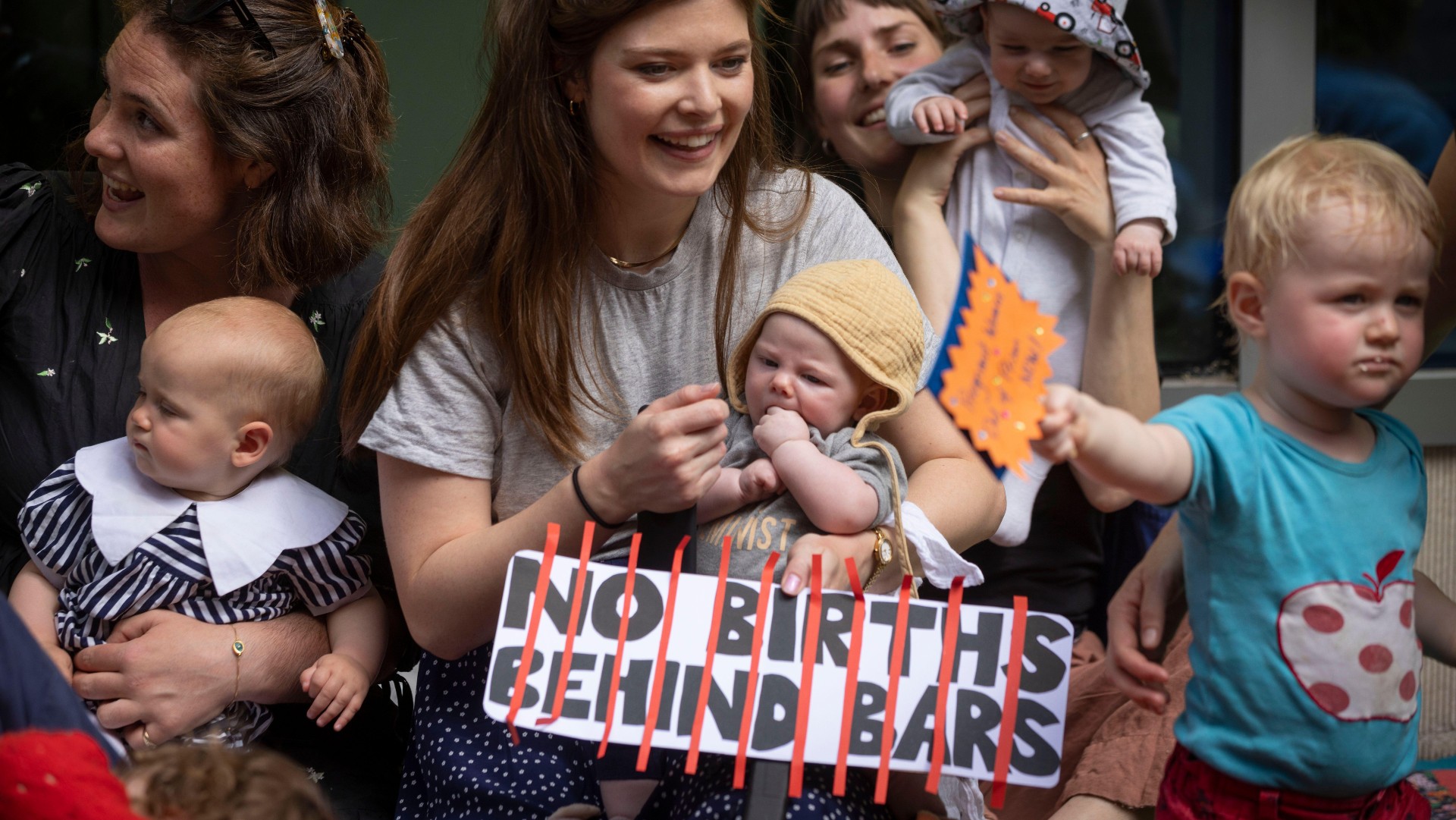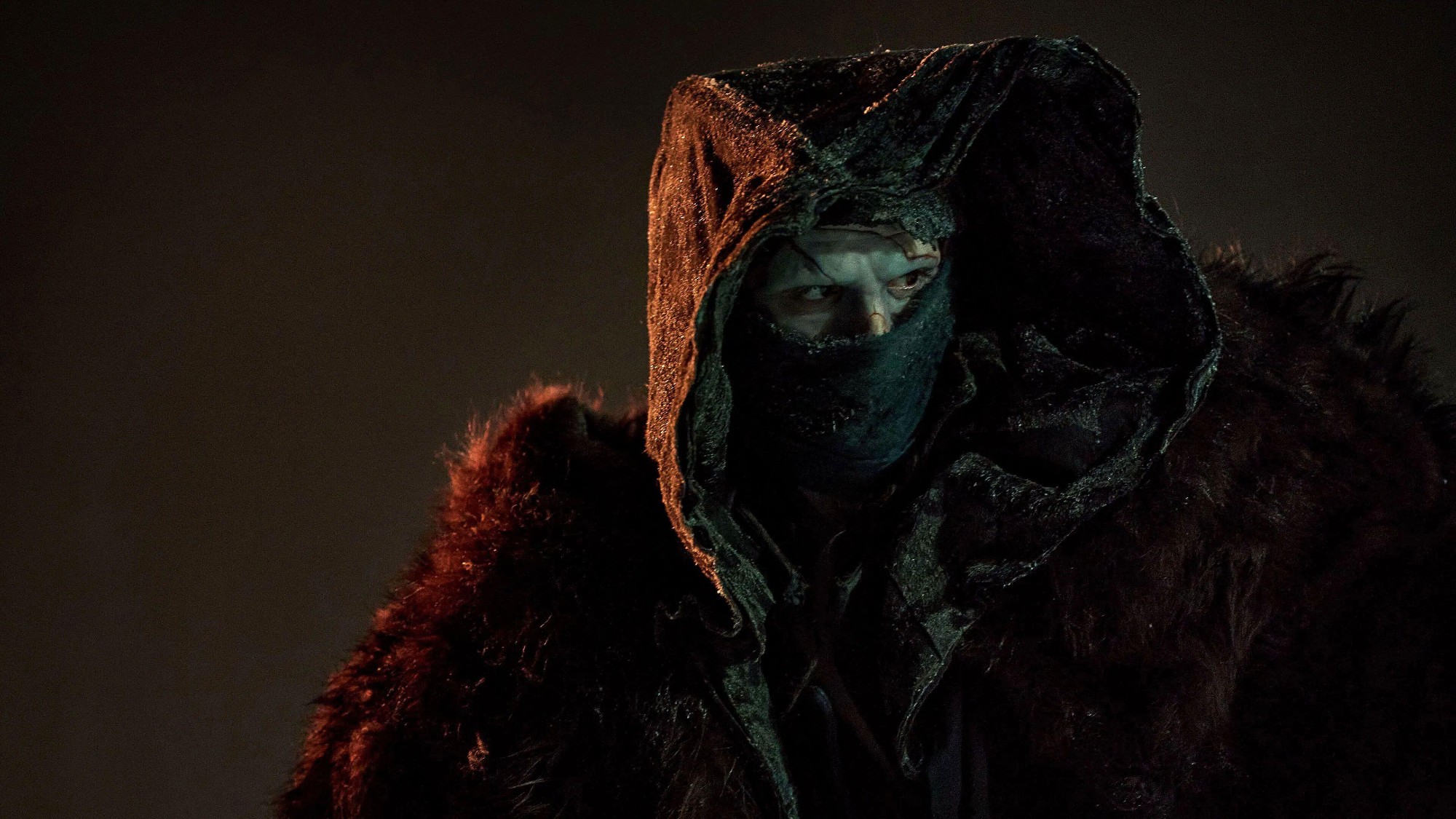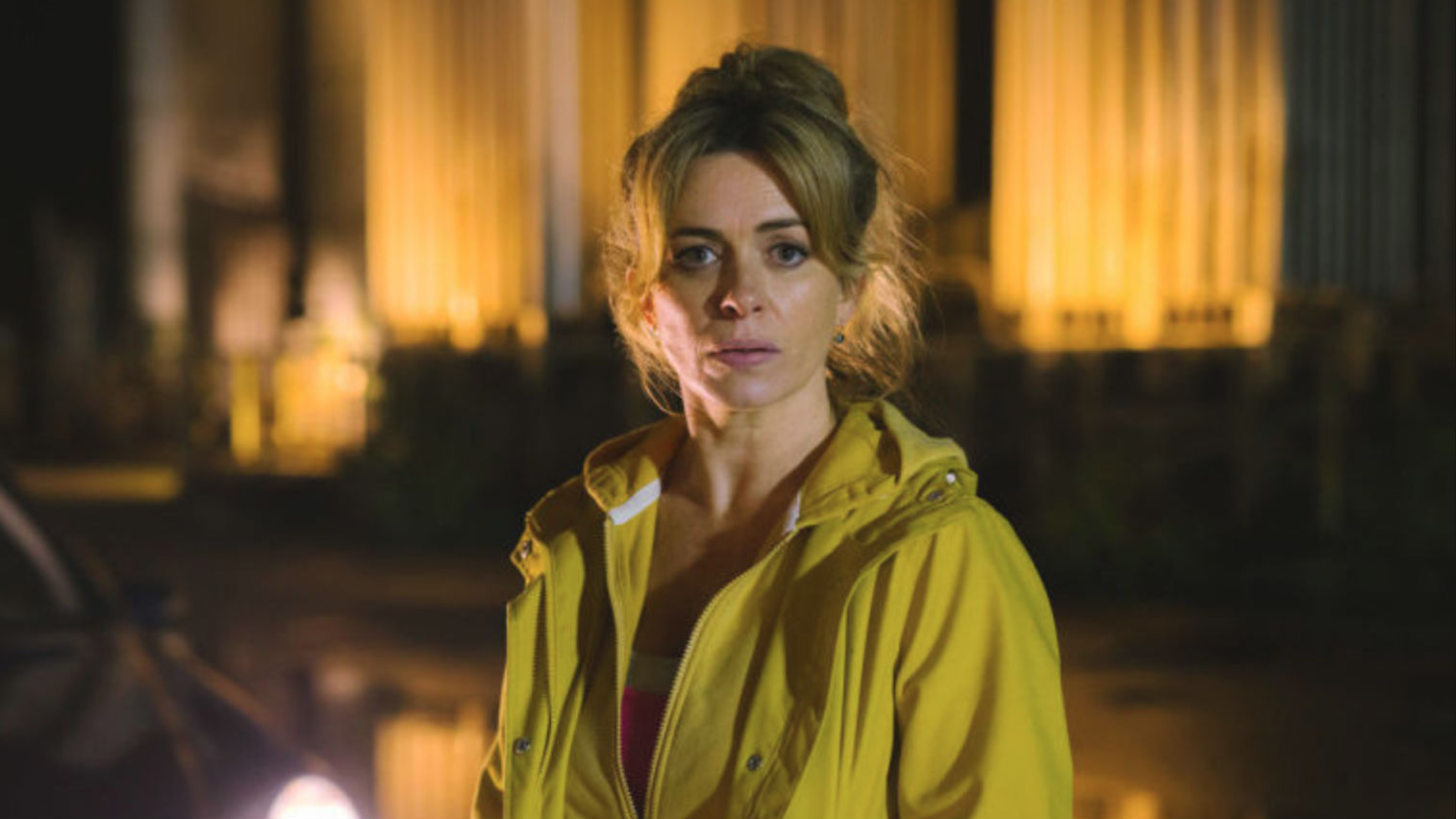HMP Bronzefield and the ethics of pregnant women in prison
Death of baby in her mother’s cell raises further concerns about controversial issue

A free daily email with the biggest news stories of the day – and the best features from TheWeek.com
You are now subscribed
Your newsletter sign-up was successful
An inquiry into the death of baby Aisha Cleary in her mother’s jail cell has intensified the debate over whether prisons are safe for pregnant women.
In September 2019, a “highly vulnerable” 18-year-old gave birth at HMP Bronzefield in Surrey, without medical assistance, while she was in custody awaiting trial. Although she rang her intercom and cell bell for help, “no nurse or ambulance was called, and no-one checked on her”, said the charity Inquest.
The teenager then had to bite through the umbilical cord and wrap her baby in a towel, reported The Independent. The birth was only discovered the following morning, and the baby, Aisha Cleary, previously known as “Baby A”, was dead by the time help arrived.
The Week
Escape your echo chamber. Get the facts behind the news, plus analysis from multiple perspectives.

Sign up for The Week's Free Newsletters
From our morning news briefing to a weekly Good News Newsletter, get the best of The Week delivered directly to your inbox.
From our morning news briefing to a weekly Good News Newsletter, get the best of The Week delivered directly to your inbox.
The inquest, which is being held at Surrey Coroner’s Court in Woking and is expected to be completed by 1 June, has heard that the mother, known as Ms A, “was a suspected victim of county lines exploitation”, said The Guardian.
The deputy director of Bronzefield has accepted in evidence that the prison’s response to Aisha’s mother calling for help was “wholly and completely inadequate”, said Inquest.
“This should never have happened,” the 2021 investigation by the independent Prisons & Probation Ombudsman (PPO) into the baby’s death concluded. “The situation for pregnant women in Bronzefield was symptomatic of a national absence of policies and pathways for pregnant women in custody.”
What are the issues at Bronzefield?
Bronzefield is the UK’s only purpose-built private facility for female inmates, and Europe’s largest prison for women. It is operated by contractor Sodexo Justice Services (SJS), which provides primary healthcare and directly employs nurses and healthcare assistants, with a contract to employ GPs.
A free daily email with the biggest news stories of the day – and the best features from TheWeek.com
“We were unable to identify with any clarity the commissioning arrangements for the maternity service at Bronzefield,” the PPO report said.
Bronzefield, like five other English prisons, has a specialised mother and baby unit (MBU), where women can apply for a place and can keep their baby for the first 18 months, according to government guidelines. Of 88 applications made for a place during 2021-22, 17 were refused, according to Ministry of Justice (MoJ) figures – a rate of almost 20%.
“There was no clear pathway of care at Bronzefield for pregnant women who are ineligible or unsuccessful for placement in the MBU,” the PPO report found, and no system of “healthcare leadership”. The prison had no paediatric or neonatal emergency equipment, or staff with training in neonatal resuscitation.
The maternity services offered to Ms A were “outdated and inadequate”, the report said, and Bronzefield was “insufficiently resourced”.
Ms A “appeared to have been regarded as difficult”, the report said. Research by Laura Abbott, associate professor in midwifery at the University of Hertfordshire, published in 2018 found that “the more pleasant a prisoner was, the more likely she would be to receive appropriate healthcare”. Staff interviewed described babies who survived birth in prison as “lucky”, wrote Abbott in an article for The Conversation.
Before Aisha Cleary died, three other Bronzefield prisoners had unexpected births: one had a baby in October 2017 who required intensive care in hospital and survived; another had her baby delivered by prison nurses in her cell in March 2019. A third prisoner gave birth to a full-term stillborn baby in an ambulance en route to hospital in December 2017.
What are the issues with imprisoning pregnant women?
According to United Nations rules (known as the Bangkok Rules), “non-custodial sentences for pregnant women and women with dependent children” are preferred. According to a 2021 report published by Coventry University, 11 countries (including Russia, Italy, Portugal and Brazil) had laws against the imprisonment of pregnant women.
“It is estimated that there are approximately 600 pregnancies in prisons in England each year,” said a 2021 report by the Royal College of Obstetricians & Gynaecologists.
Pregnant prisoners “face multiple barriers to accessing care”, said the report, including prenatal education and nutrition. “Custodial sentences should only be used in the most exceptional circumstances.”
In 2021-22 there 50 births in women in custody, according to MoJ figures, with 47 in hospital and three in transit to hospital or inside the prison.
What is causing the higher numbers of stillbirths?
Women in prison are seven times more likely to suffer a stillbirth than in the general population, according to an investigation by The Observer in March. Research by the Nuffield Trust previously found female prisoners were almost twice as likely to give birth prematurely.
This could be partly down to socioeconomic factors, said Kath Abrahams, of the pregnancy charity Tommy’s. Poor mental or physical health, domestic violence and substance abuse can increase the risk of stillbirth, and “women in prison come from some of the most deprived backgrounds so are more probable to experience a high-risk pregnancy”.
But women are giving birth “without qualified midwifery support and in non-sterile, inappropriate environments”, Abbott told The Observer. In July 2020, Louise Powell gave birth to a baby at HMP Styal in Cheshire alone after a prison nurse failed to respond. The baby, Brooke, died in the prison toilet.
English courts should use alternatives to imprisonment, wrote Rona Epstein, research fellow at Coventry University, for The Guardian, which is “disproportionate, cruel and simply unnecessary”. Community orders, out-of-court disposals and non-punitive residential support should all be considered, she suggested, but “the starting point must be that no pregnant woman should be in custody”.
Campaigners and health experts have called for a review into sentencing. “Even if their baby does not die,” an open letter in September 2022 to the then justice secretary Brandon Lewis said, research found pregnant women in custody faced severe stress, “and that the fear of potential separation from their baby or shame of being made an incarcerated mother was debilitating”.
“Prison is not and cannot ever be a safe place for pregnant women,” the letter said.
Harriet Marsden is a senior staff writer and podcast panellist for The Week, covering world news and writing the weekly Global Digest newsletter. Before joining the site in 2023, she was a freelance journalist for seven years, working for The Guardian, The Times and The Independent among others, and regularly appearing on radio shows. In 2021, she was awarded the “journalist-at-large” fellowship by the Local Trust charity, and spent a year travelling independently to some of England’s most deprived areas to write about community activism. She has a master’s in international journalism from City University, and has also worked in Bolivia, Colombia and Spain.
-
 How the FCC’s ‘equal time’ rule works
How the FCC’s ‘equal time’ rule worksIn the Spotlight The law is at the heart of the Colbert-CBS conflict
-
 What is the endgame in the DHS shutdown?
What is the endgame in the DHS shutdown?Today’s Big Question Democrats want to rein in ICE’s immigration crackdown
-
 ‘Poor time management isn’t just an inconvenience’
‘Poor time management isn’t just an inconvenience’Instant Opinion Opinion, comment and editorials of the day
-
 Frankenstein comes to life, the Alabama prison system is exposed and Rose Byrne goes full Crazy Mom in October movies
Frankenstein comes to life, the Alabama prison system is exposed and Rose Byrne goes full Crazy Mom in October moviesthe week recommends This month’s new releases include ‘Frankenstein,’ ‘The Alabama Solution’ and ‘If I Had Legs I’d Kick You’
-
 Lily Collins' surrogacy backlash
Lily Collins' surrogacy backlashIn the Spotlight Actor's baby announcement renews debate about the expensive, exclusive – and steadily expanding – surrogacy industry
-
 From Panopticon to pleasure dome: Dutch prisons transformed
From Panopticon to pleasure dome: Dutch prisons transformedUnder the Radar The Netherlands is turning its domed prisons of 'terror' into vibrant community spaces
-
 What is on TV tonight? Sick Note, Keeping Faith and Spina Bifida & Me
What is on TV tonight? Sick Note, Keeping Faith and Spina Bifida & MeSpeed Read The Week rounds up the best picks for this evening’s television
-
 Seven best documentaries on Netflix
Seven best documentaries on NetflixIn Depth From murder mysteries to nature epics, here are some of the most binge-worthy non-fiction shows on Netflix